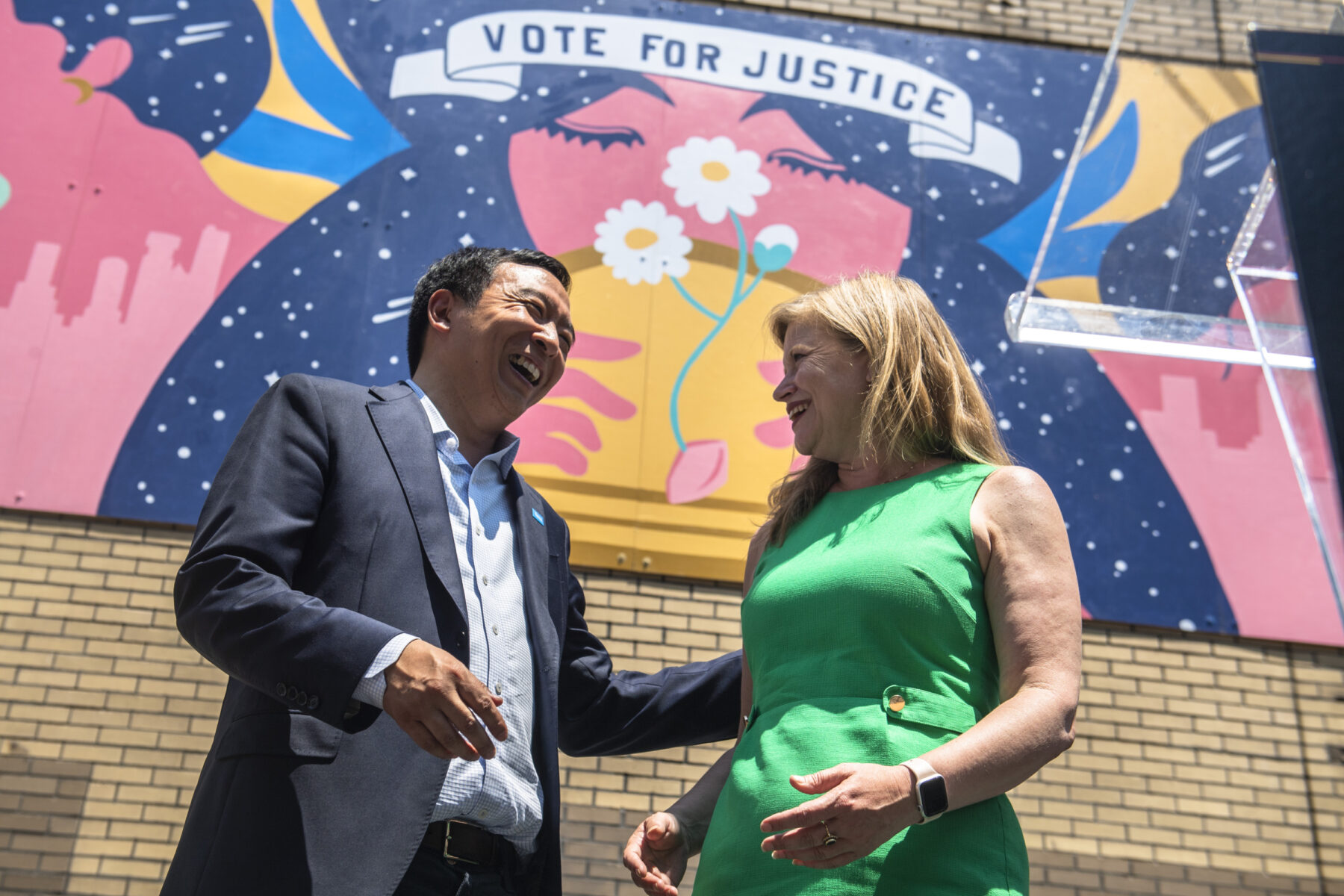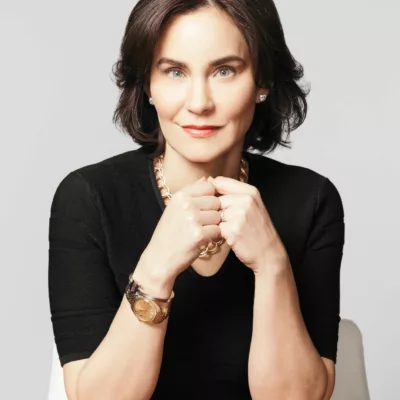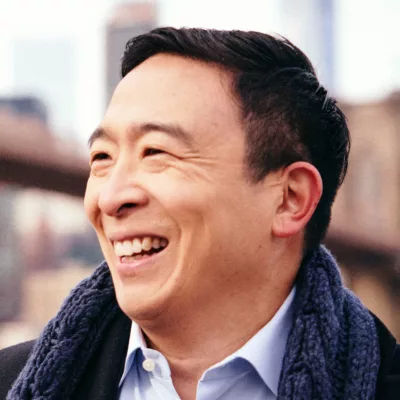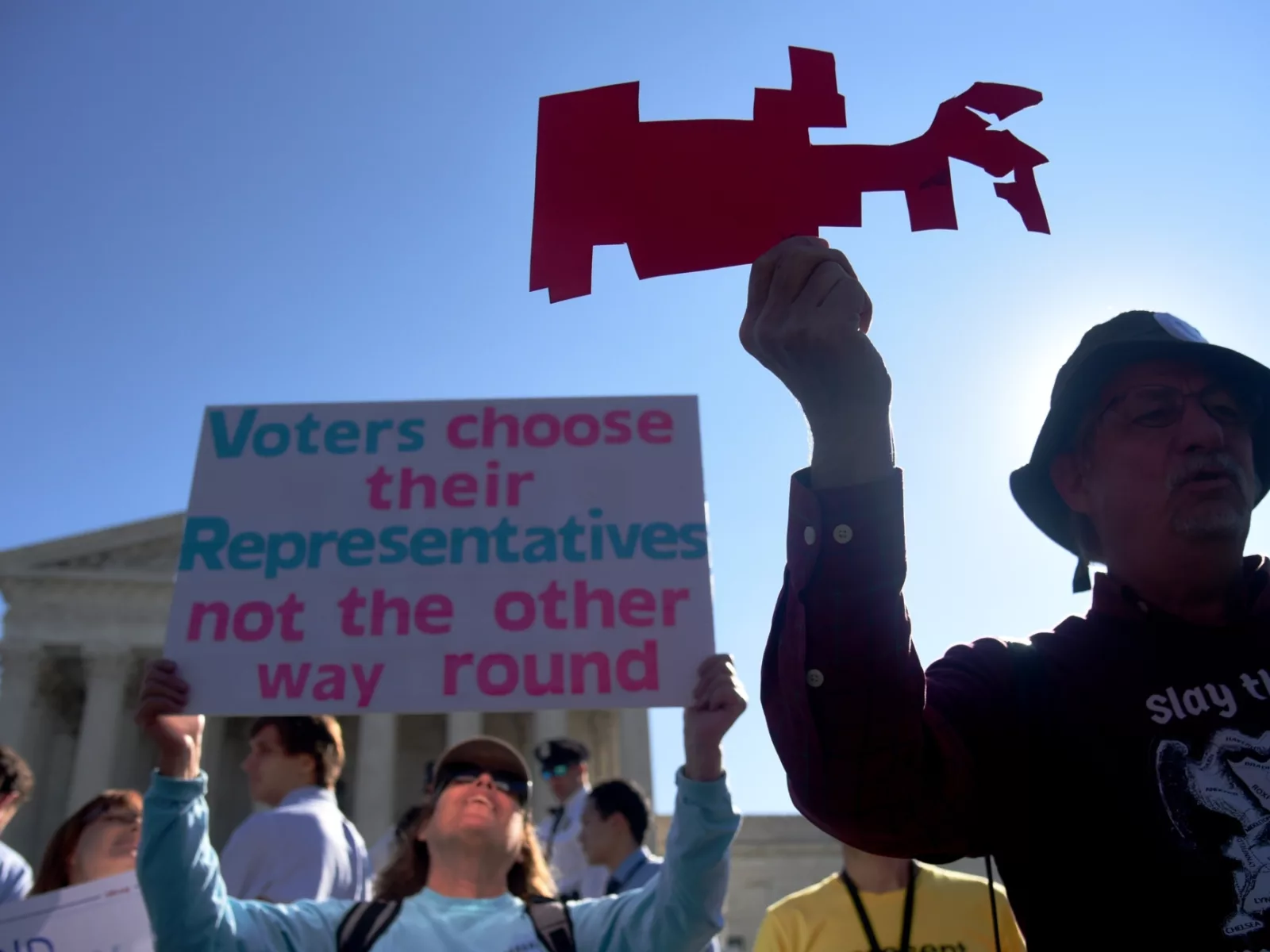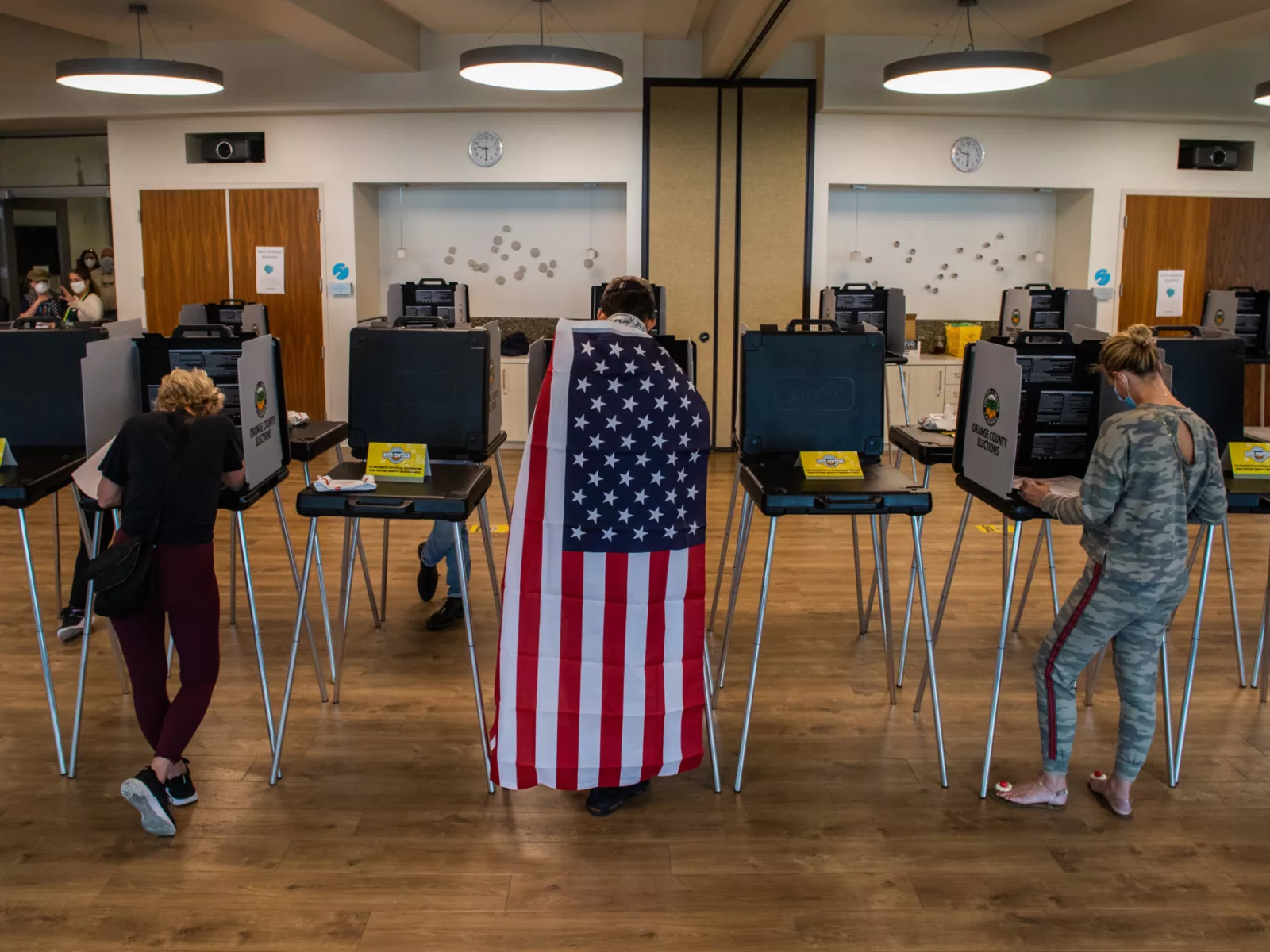The crisis eating away at American democracy has been building for a long time; 2021 simply exposed some of its most virulent strains, including a concerted attempt to subvert the presidential election through a violent insurrection at the Capitol.
At the heart of this endemic strain of polarization is an electoral system ill-equipped to meet the demands of the 21st Century.
Pulled to partisan extremes, the U.S. political system is no longer capable of reconciling deep political divisions. Those who get elected have more incentive to embrace ideological viewpoints that are more extreme than the general electorate, especially as elections increasingly get decided in primaries, which have lower voter turnout, giving primary voters outsized influence over candidates.
The result of this polarization has been a failure by lawmakers to meet the needs of its citizenry, fueling more distrust in government and a loss of faith in democracy.
Addressing the structural drivers of polarization requires a reimagining of the U.S. electoral system. Because of gerrymandering, more general elections are being determined in low turnout party primaries, which tend to attract a small group of the most strident partisan voters, thus pulling candidates more to the extreme ends of the political spectrum.
One solution to this problem is to implement ranked-choice voting, a system in which voters can rank their candidates and if no one gets a majority of the vote, an instant runoff is triggered. RCV has received a great deal of attention lately as it has been adopted and tested in increasingly high-profile elections, including most recently, the New York City Democratic primary.
In this episode of Deep Dive, Laura Arnold sits down with two guests — former presidential candidate Andrew Yang, who recently lost a bid for mayor in New York City’s RCV primary, and Stanford professor Larry Diamond, a leading scholar in democracy reform.
Diamond, author of “Ill Winds: Saving Democracy from Russian Rage, Chinese Ambition, and American Complacency,” discusses with Arnold the current state of U.S. democracy and the potential solutions to address structural drivers of polarization. Yang, who recently launched a new political party called the Forward Party, chats with Arnold about how his experience with RCV hasn’t deterred his views on the need for reform.
“Take it from a guy who lost a ranked-choice voting election … ranked-choice voting is awesome. Genuinely, I love it still,” he said.
How to listen
Listen to the podcast in the player above or on iTunes, Spotify, Stitcher, or your favorite podcast app.
About the host
Laura Arnold is the Co-Founder and Co-Chair of Arnold Ventures, founded in 2010, and an attorney and former oil company executive. Read more about her here.
About the guests
Andrew Yang was a candidate in the 2020 Democratic Party presidential primaries who campaigned on a platform of universal basic income and spurred a following of supporters dubbed the “Yang Gang.” After suspending his presidential campaign, he joined CNN as a political commentator and ran in the 2021 New York City Democratic mayoral primary, where he placed fourth. In October 2021, he launched a new political party called the Forward Party aimed at alleviating polarization and driving democracy reform.
Larry Diamond is a leading democracy scholar, a senior fellow at the Hoover Institution and at the Freeman Spogli Institute for International Studies (FSI) and a Bass University Fellow in Undergraduate Education at Stanford University. His research focuses on democratic trends and conditions around the world and on policies and reforms to defend and advance democracy. He is the author of many books, including his 2019 publication: Ill Winds: Saving Democracy from Russian Rage, Chinese Ambition, and American Complacency.

